While Covid may have moved us from our beautiful Paris setting to the virtual space, we were thrilled to take the opportunity last fall to meet virtually with delegates from around the world. Over four days (and nights), we virtually travelled the globe hearing from technologists, investors, and buildings and infrastructure industry players about how the sector's digital transformation was playing out in their region of the world. At the bottom of this report, members can access the full recordings to all of the sessions, and we home to see everyone again next year at our next Global Summit to be held in Paris in June of 2022.
In the meantime, here are a few of the key takeaways from last fall's weeklong deep dive:
#1. Built World Ecosystem Has Grown from Bay Area Concentration to a Broad, Global Community
When we first launched our digital presence in 2014, we quickly built a strong following in San Francisco. California dominated the startup ecosystem with players like Autodesk, Bluebeam, PROCORE, Plangrid, BuildingConnected and a host of smaller startups taking root. It was fascinating how quickly we formed ties with this teaming ecosystem. Beyond the tech companies, other organizations, including Stanford University, the Bay Area Society for Construction Solutions, Brick & Mortar Ventures and a host of other investors were all coalescing to create the prototypical model of a vibrant tech community. The Bay Area's pull was so strong at that time, that we were asked on more than one occasion about whether we would move to San Francisco, ourselves.
Very quickly, though, things began to evolve. Boston quickly became a strong center for startups, followed by New York, and other areas around the United States, but we also began to make contact with nodes of people working outside of the United States in places like London, Singapore, Toronto, and Paris who were also interested in the Built Worlds discussion. In more recent years, we have discovered growing communities in Tel Aviv, the GCC, India, Australia, and elsewhere.
The Covid Pandemic Further Levels the Field. In a Digital, Virtual World, Solutions -and capital - Flow More Freely.
With Covid forcing people into lockdowns, it became even less important whether people were in the same city or even the same country and we witnessed an explosion of tech applications all over the world. Not only did we see more adoption of solutions across countries, but we also saw an increasing number of international investment deals. This increasingly global flow of capital has also helped to foster the grow of startup communities around the world.
Startups Flourish Where There is Capital
Despite the help that freer flowing capital is giving to fledgling startup communities around the globe, we saw a clear pattern wherein cities like London, Paris, Berlin, and Tel Aviv that have at least some level of home-grown venture capital focused on the sector fair better than places around the world that are more dependent on other sources domestically or abroad for funding.
#2. Global Leaders Acting Locally And Internationally Are Fueling the Global Growth of the Ecosystem
While the venture community has indeed played a vital role in fostering the growth of startup communities around the world, an increasing number of large corporations are investing at home and abroad, fueling growth and also driving a more global discussion. We have labelled these companies the Global Innovators - companies like Cemex, Vinci, and Kajima that are helping to grow startups at home and around the world and are also helping to cross pollinate ecosystems. We found so many of these players that last year, we began cataloguing them on our Global Innovators 50 List. (Note: The 2021 List is due out this September...)
Join the US Summit Live Stream!
Sign up for two days of talks on the future of the Built World. Sept 1-2, 2021.
#3. Regional Characteristics Profoundly Affect the Kinds Of Tech In Development
The easiest way to understand how regional characteristics are influencing the kinds of technology leadership emerging in different regions is to compare the Latin American Delegation presentation to the East Asian Delegation presentation. In Latin America, there was a focus on payment management and logistics management applications that spilled over from startups in proptech and other areas in the region. By contrast, we saw much more focus on robotics and modularization in a country like Japan where there is more scarcity of labor that in Latin America. At the same time, Japan has fewer issues with logistics or undercapitalized businesses in the supply chain.
#4. Global Sustainability Push Greatly Surpasses the Focus in the US
Although the United States has gained ground in the past year, the rest of the world's presenters made it abundantly clear that carbon reduction and other sustainability concerns are receiving a much more serious focus in every other region of the globe, outside the United States. Tech startups and materials innovation aimed at sustainability was a topic in almost every presentation.
With companies like France's LaFargeHolcim sponsoring broader initiatives such as Cement Lab (pictured below), Europeans remain in the lead in fostering a dynamic sustainability-oriented universe of both "hard" and "soft" solutions. However, delegates from Latin America and Saudi Arabia/UAE similarly spoke to sustainability as a priority in a way that is virtually absent from the core American emerging tech discussion.
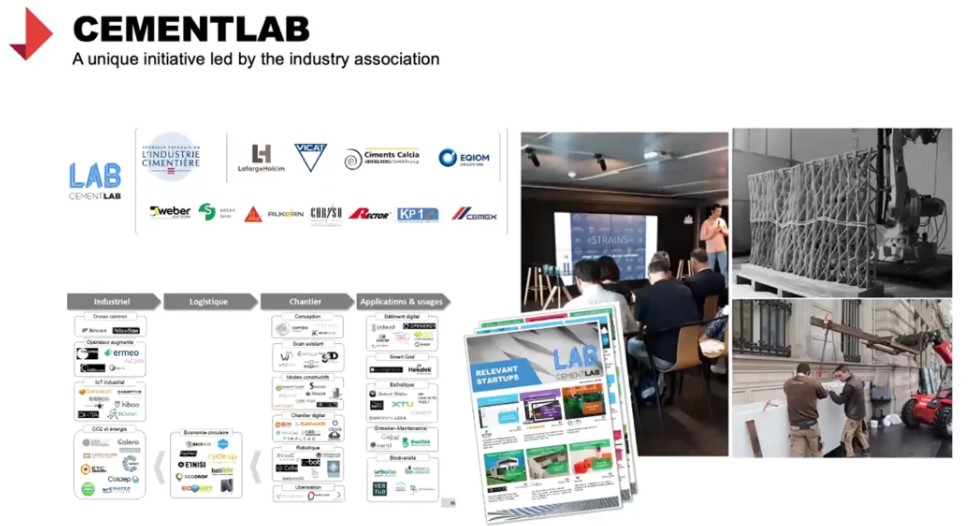
#5. Government Policies and Programs Play An Important Role
A variety of major projects such as NEOM, a planned model smart city sponsored by Saudi Arabi's sovereign fund , other plans for multiple new cities, and a variety of tourism-related endeavors, as well as additional energy-related investments are leading to a very significant plan of more than $2.0 trillion in spending in the GCC, and with that massive spending relative to population, delegates from the GCC predicted a boost to the adoption of technology, as governments also seek to operate in a higher quality, more cost efficient way.
Beyond the massive investment in infrastructure, we see governments in places like Europe adding requirements to adopt technology, and in then in places like Israel and Canada, we heard about how significant public-private infrastructure initiatives are being leveraged to encourage and also require the adoption of technology.
#6 Tiny Israel Proves that the Size of the Country is Not As Important as the Level of Organization and Commitment:
On a per capita basis, not even California appears to have produced the quantity of startups that we have seen come from the tiny nation of Israel in the past few years. At this point, Israel may boast more startups in our sector that any place else, including Silicon Valley, and many of those startups such as buildots and Versatile have raised significant capital from around the world and have branched out to develop international client bases. In addition to a vibrant community of entrepreneurs and technologists, Israel's ecosystem is supported through public-private government initiatives, at least two leading accelerators, the active support of energy, infrastructure, construction, and real estate companies based in the country, and also a burgeoning home-grown venture investment community. It is a very impressive run in a very short period of time that demonstrates that committed communities around the globe can quickly establish strong positions in the built world ecosystem if they are organized and committed.
Where Do We Go From Here?
As amazing as it is to witness the growth in the built world ecosystem around the world, it very much feels like we are still early in this evolution and can expect to see more to come. In country after country (including the US), proptech seems to lead the development of a construction tech ecosystems, and many of the country's we "visited" pointed to the spillover happening from one part of the startup world to the other. Additionally, while were delighted to have been able to visit so many regions over the week, there were many we were still not able to explore. Countries in Central and Eastern Europe boast growing communities as well as in places like Russia, China, and Singapore that we were not yet able to include. We are also looking forward to learning more about really interesting development in smart cities, modularization, and finance taking place in Africa. In short, while we definitely expect more from traditionally strong regions, we see a tremendous opportunity for growth and discovery as we continue to research and network across the globe.
Watch All the Fascinating Sessions from the 2020 Global Summit Here:
2020 Digital Global Summit: Keynote: Gonzalo Galindo, CEMEX Ventures
Gonzalo Galindo has lead one of the industry’s most active, global corporate venture funds. This year, they broke new ground with a startup challenge backed by fellow leading corporate venture investors Ferrovial, Leonard, Hilti, and Saint Gobain.
2020 Digital Global Summit – Demo Day Opening Keynote (Guillaume Bazouin – Leonard by Vinci)
Leonard has been one of the global industry’s biggest advocates for open innovation. In this keynote we’ll hear from Guillaume on Leonard’s approach to investing and fostering technology growth in the built environment, as well as how they look to host and support their startup ecosystem.
- « Previous
- 1
- 2

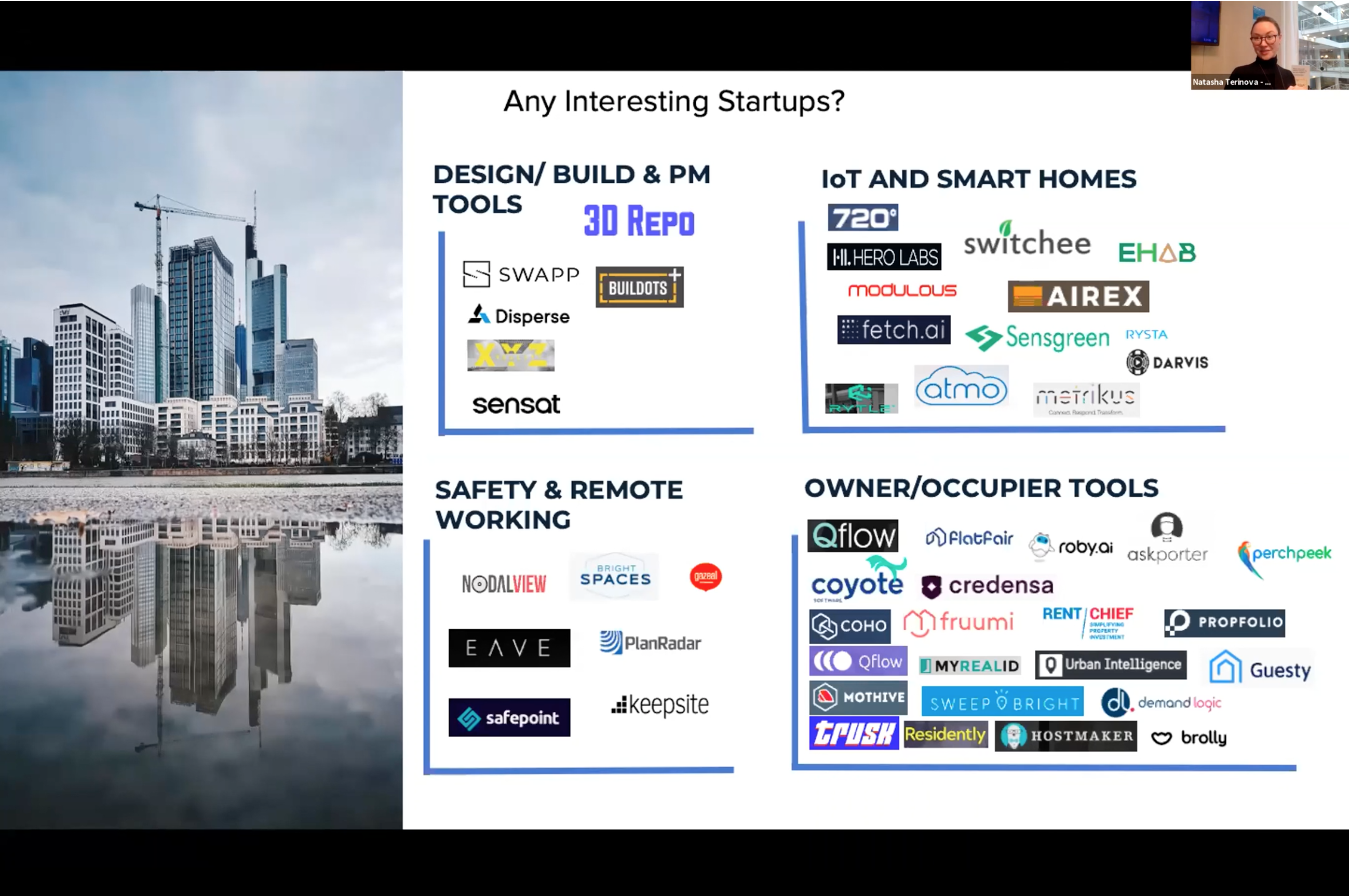
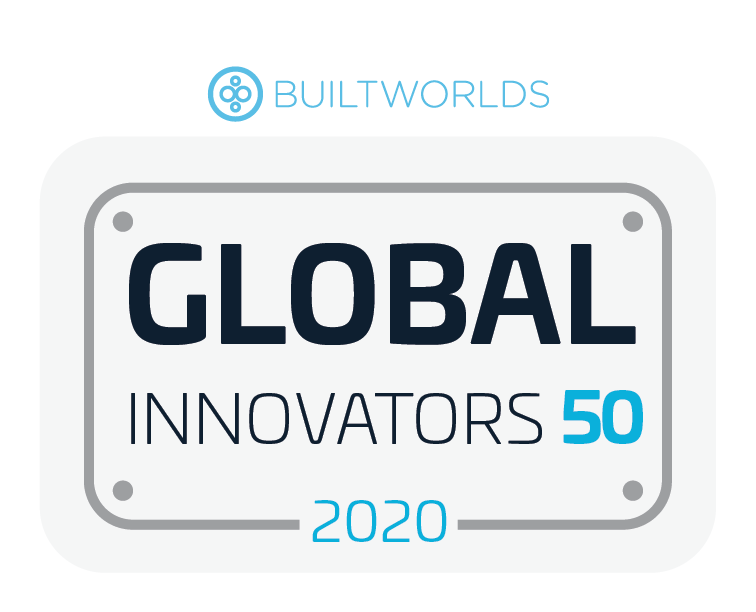
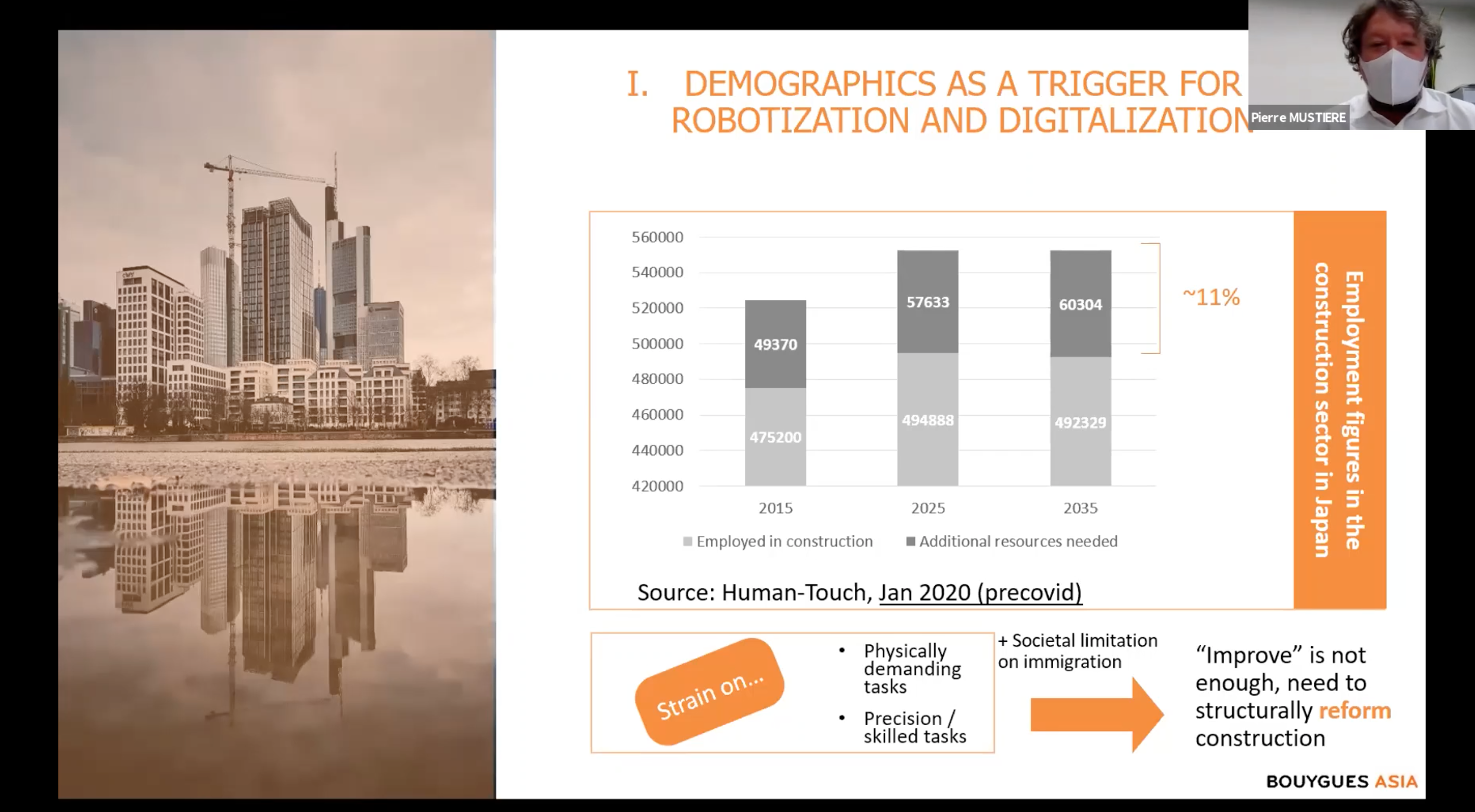
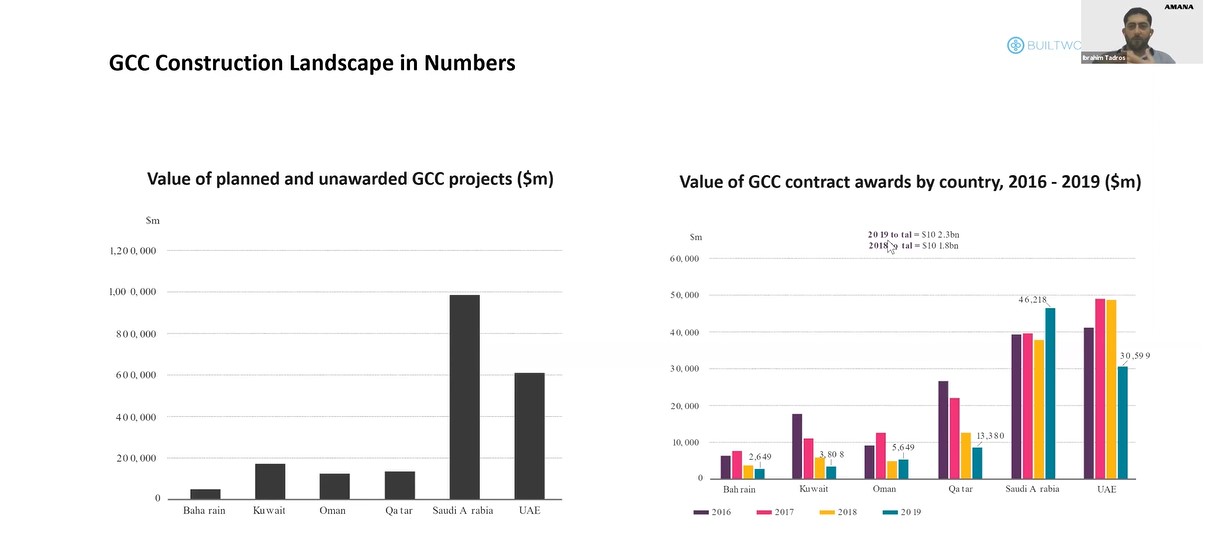
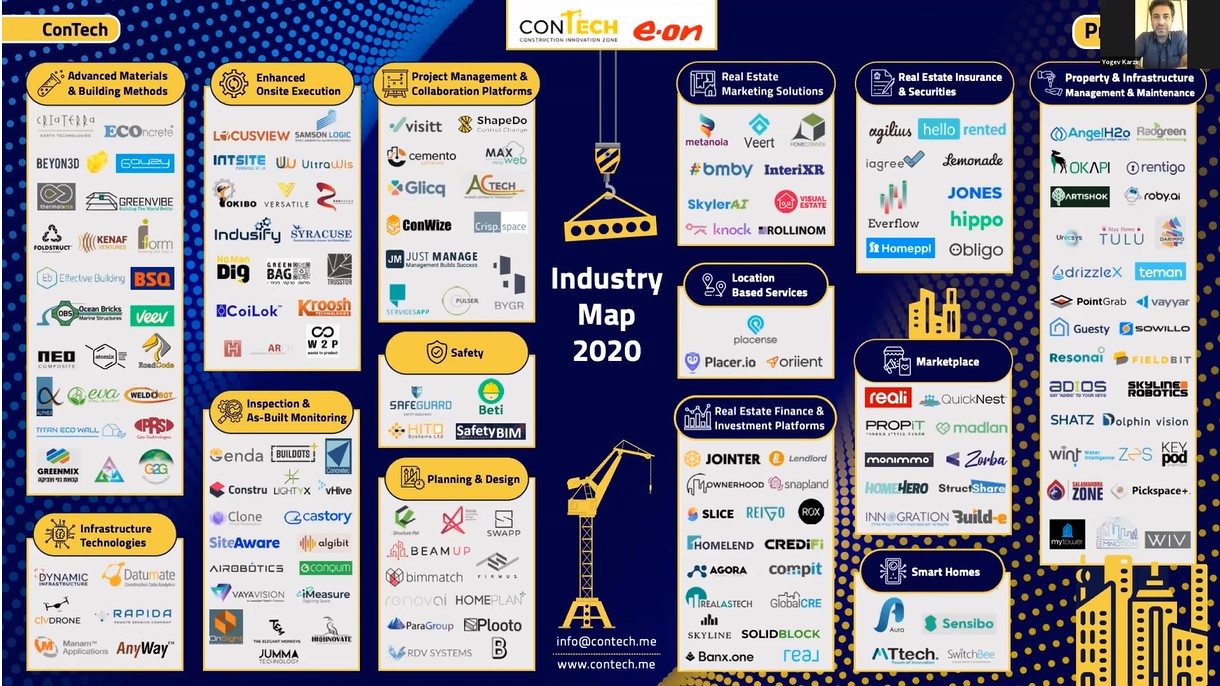

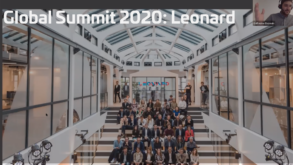












Discussion
Be the first to leave a comment.
You must be a member of the BuiltWorlds community to join the discussion.